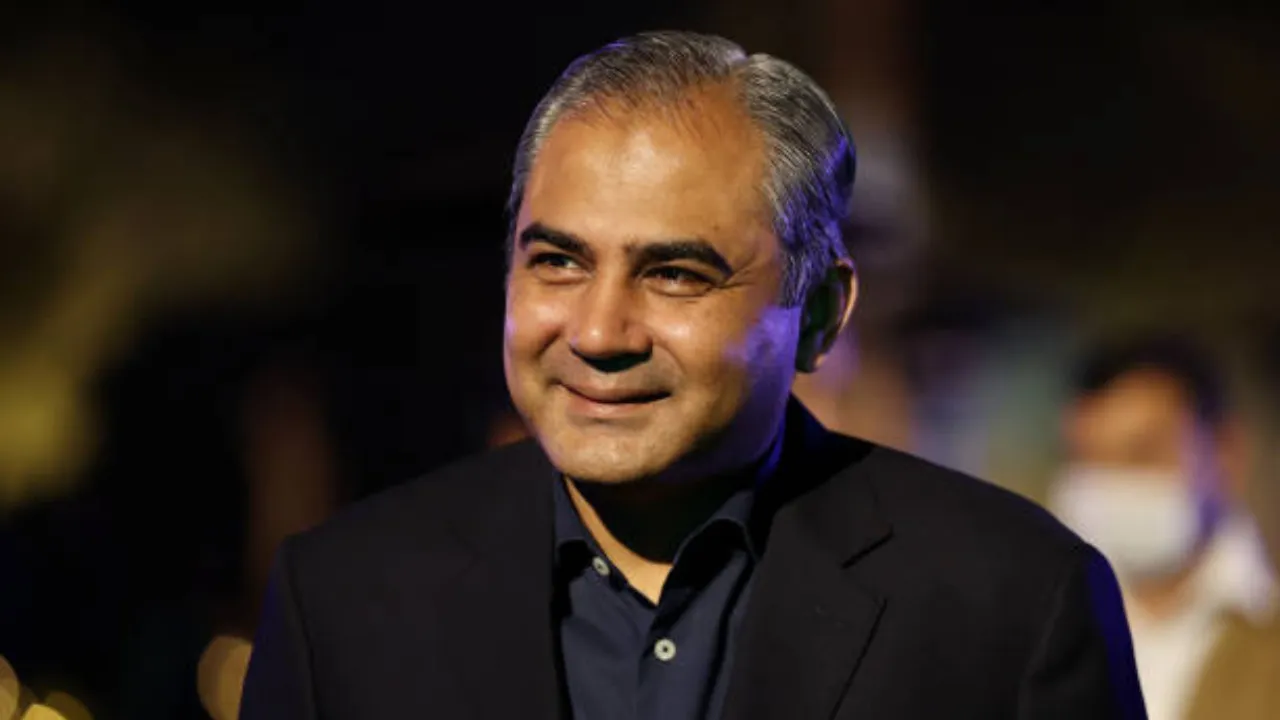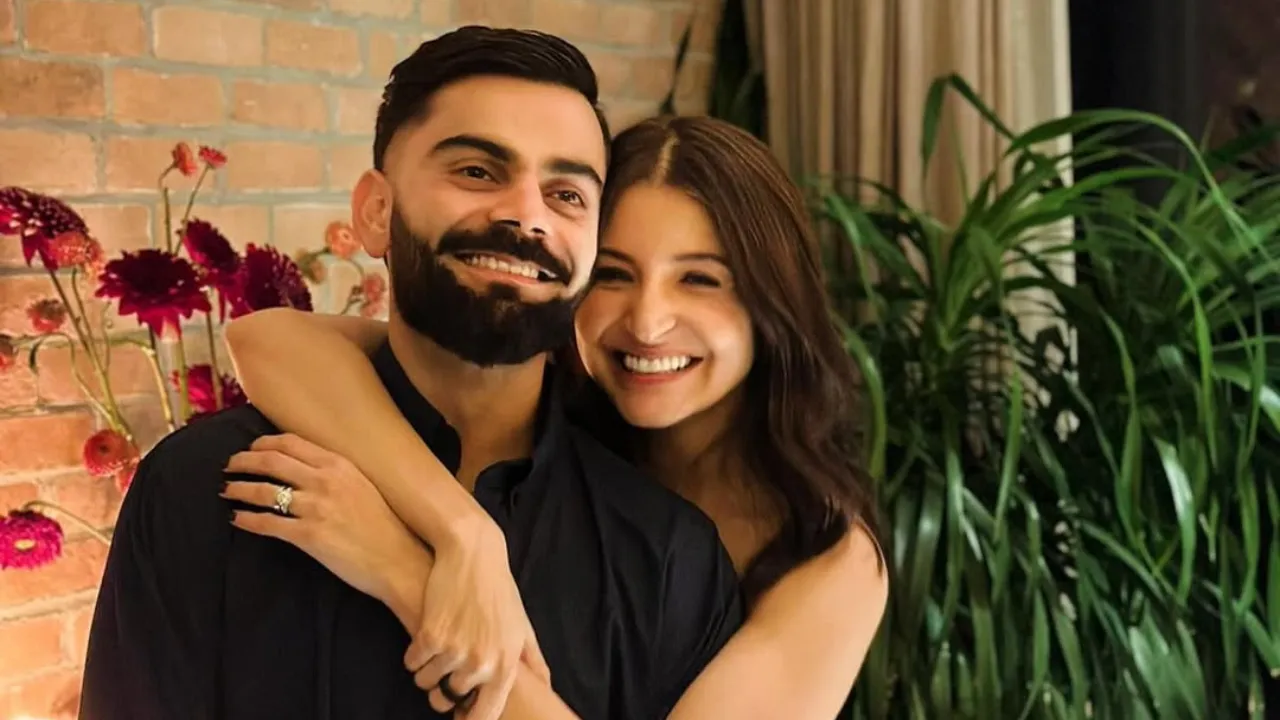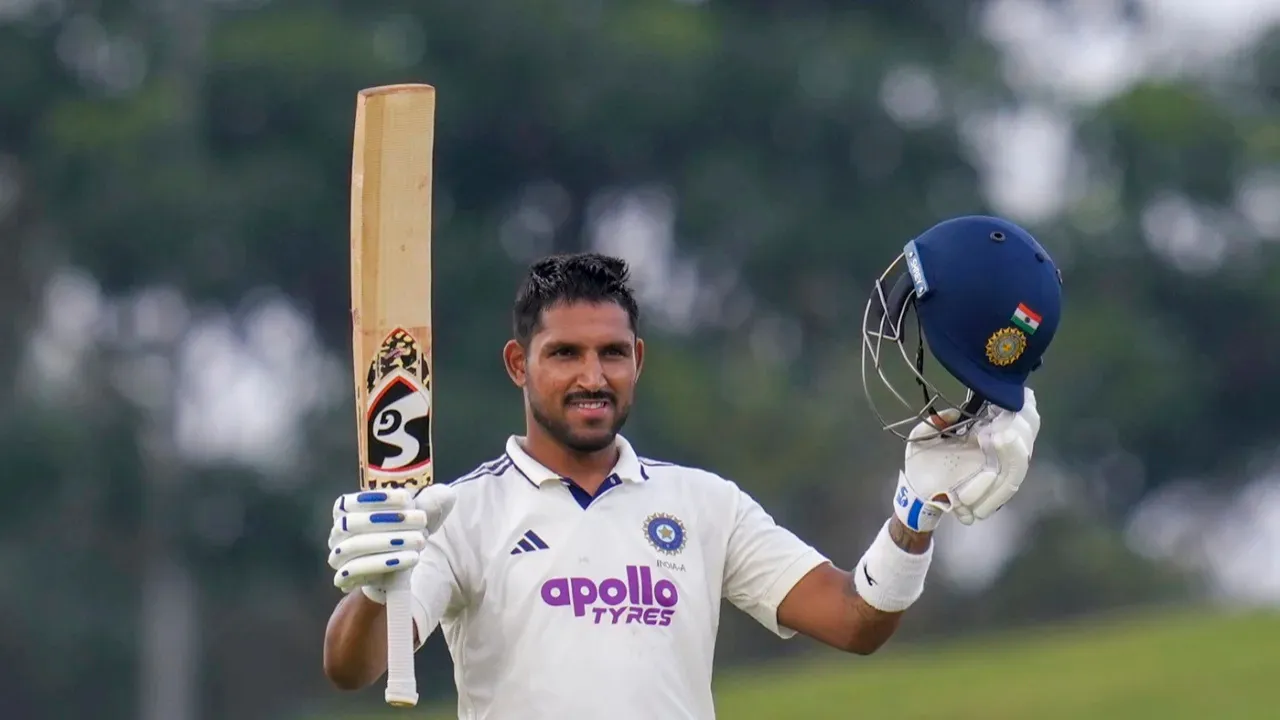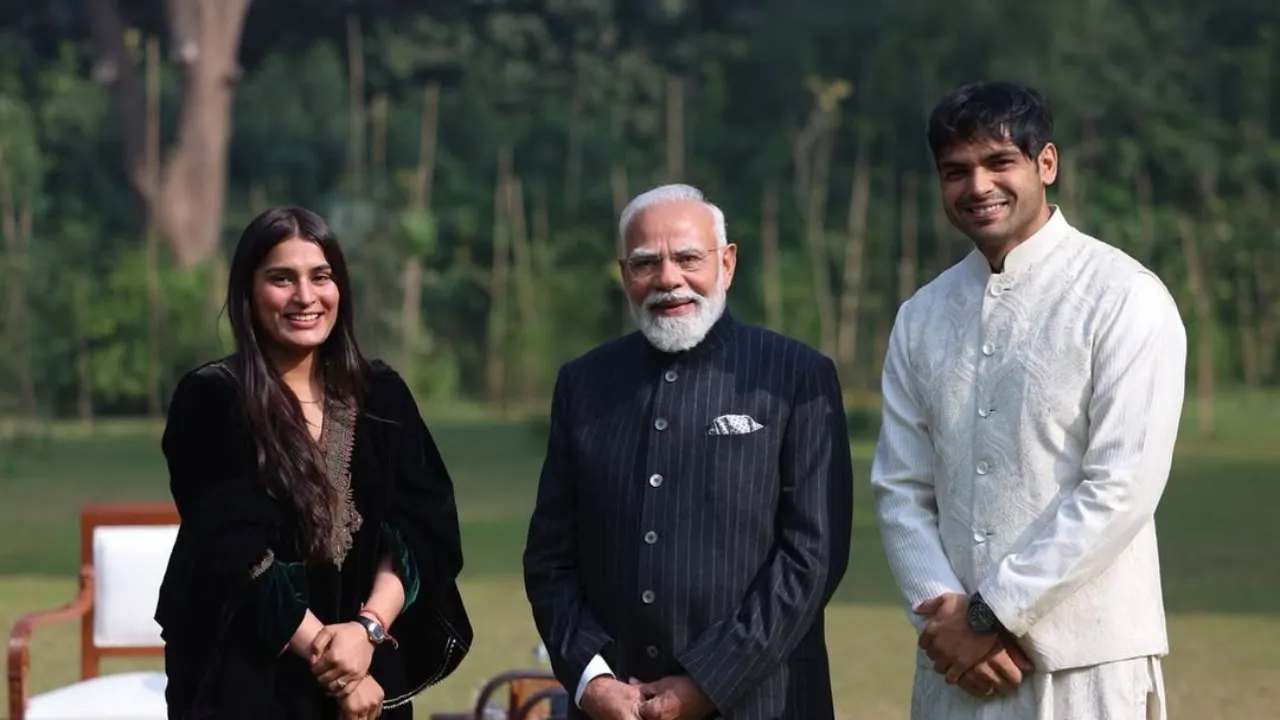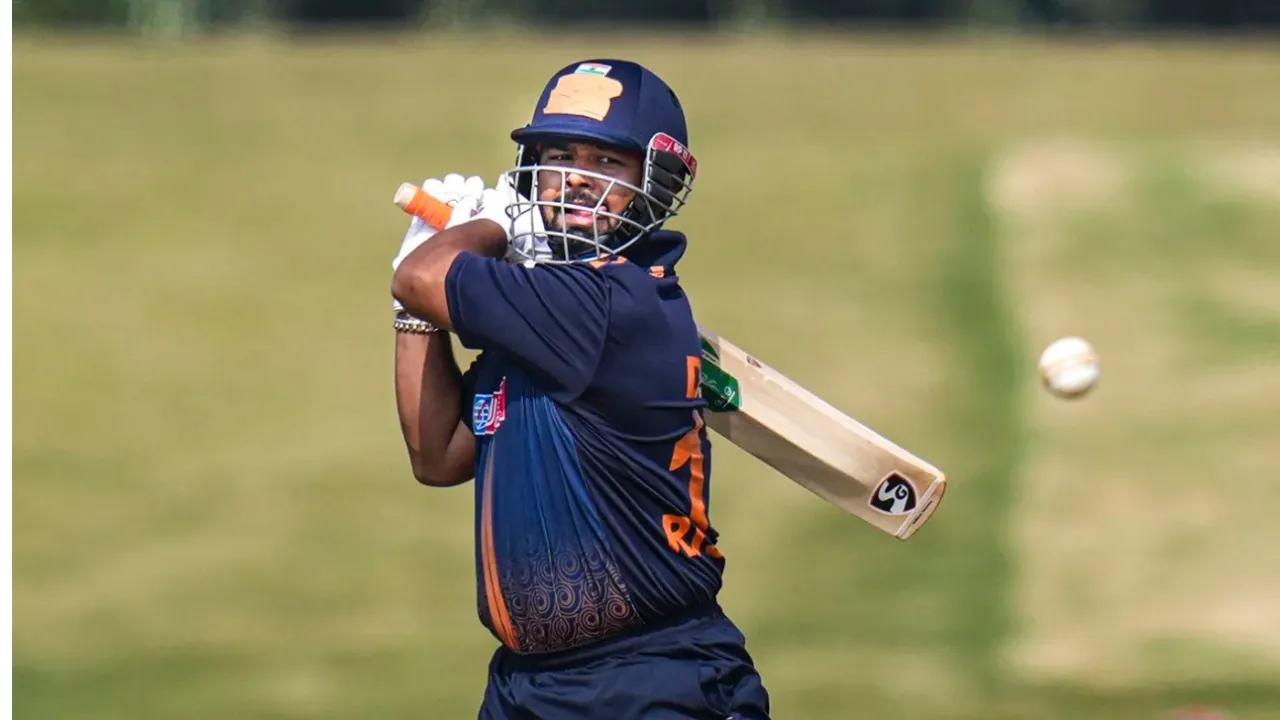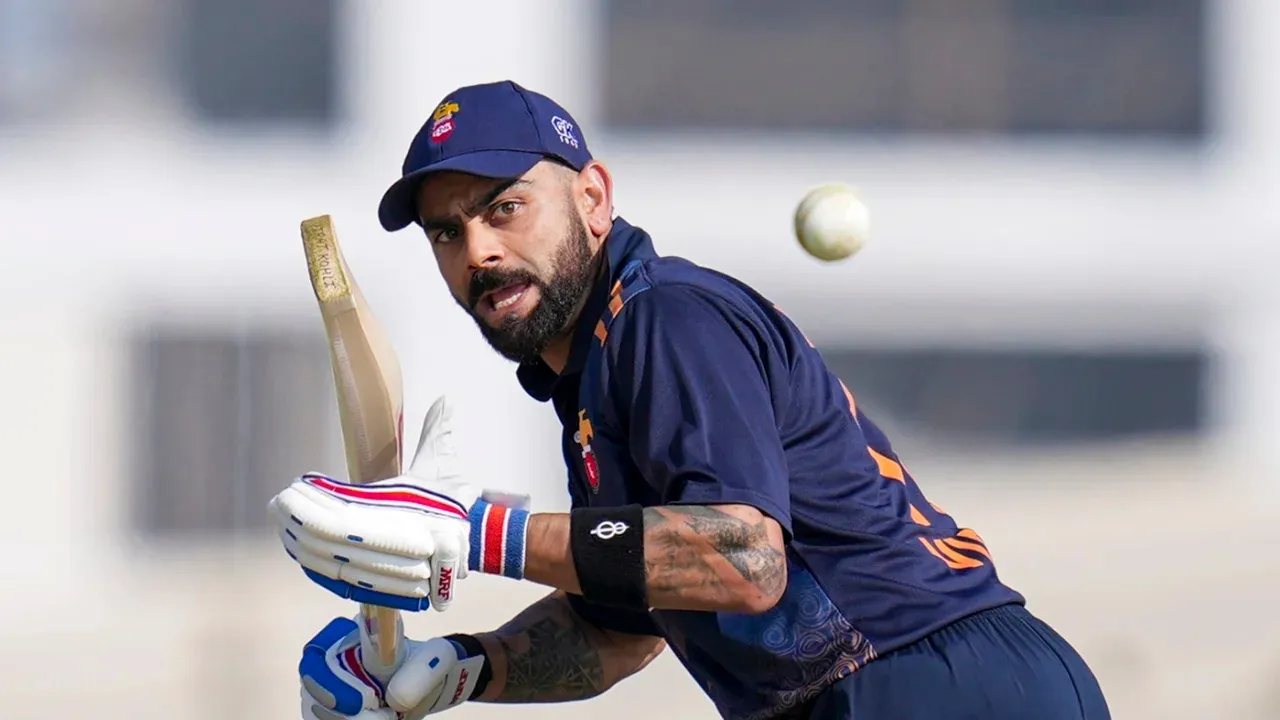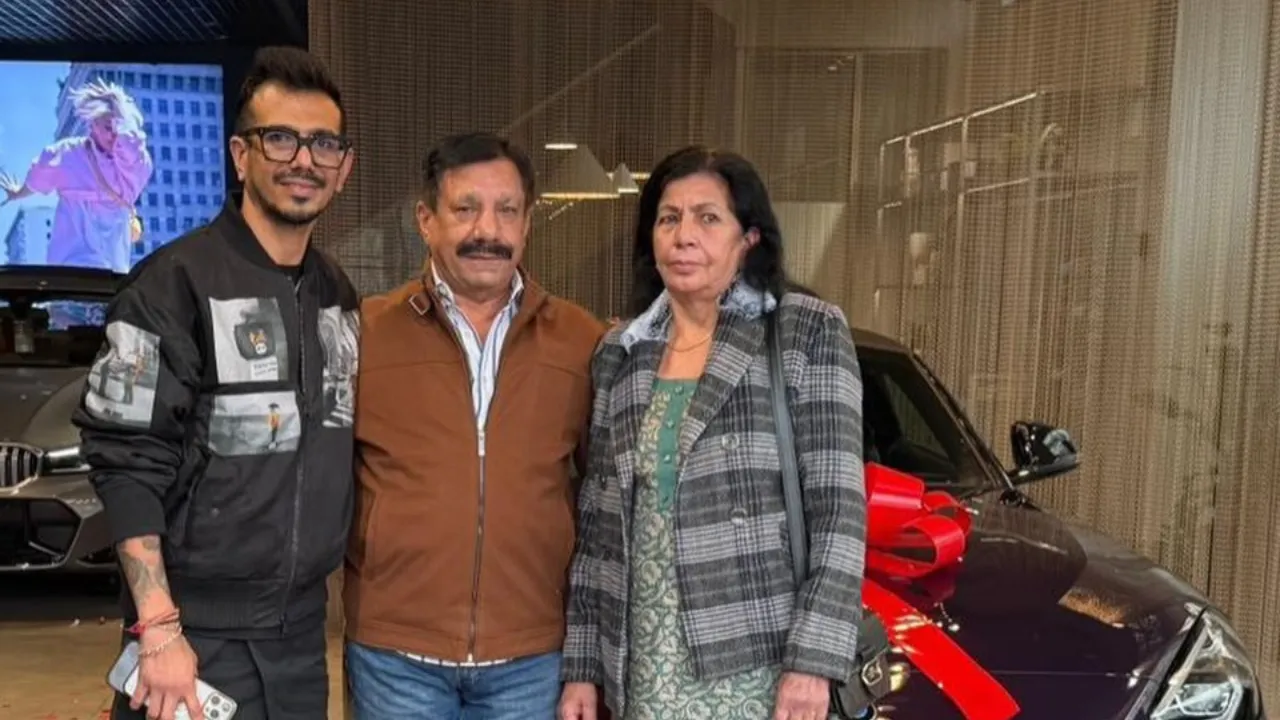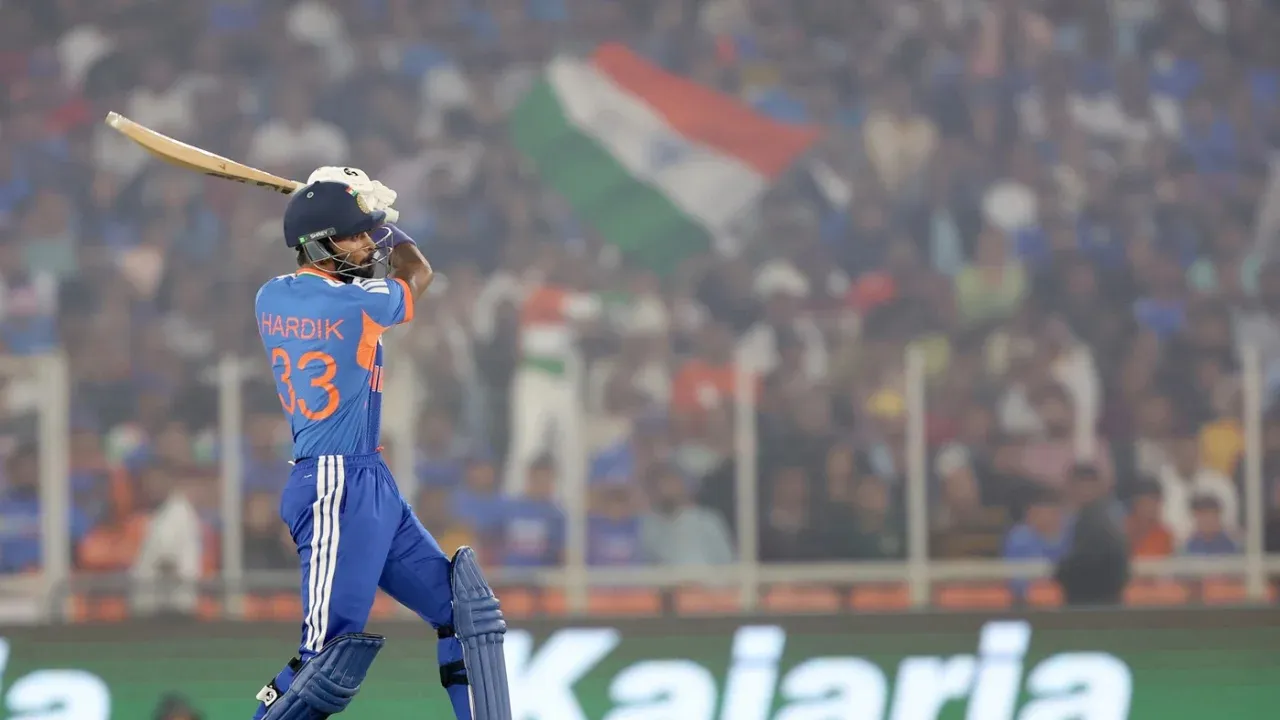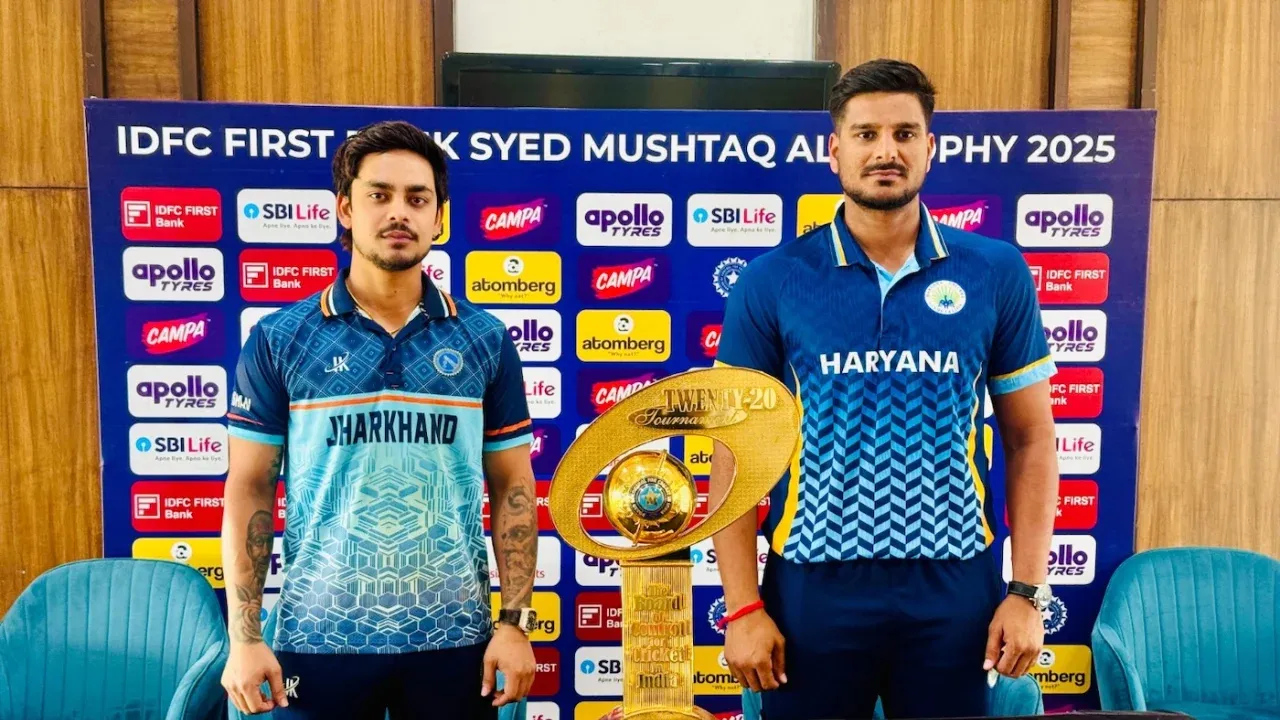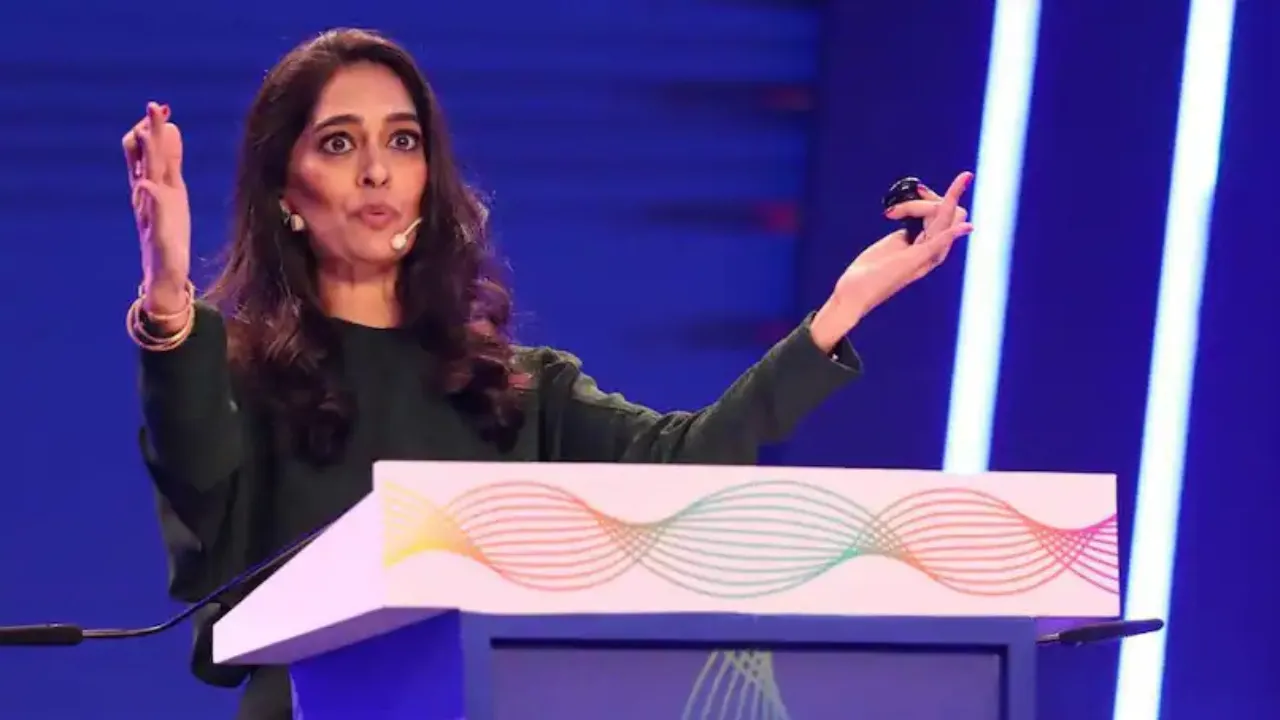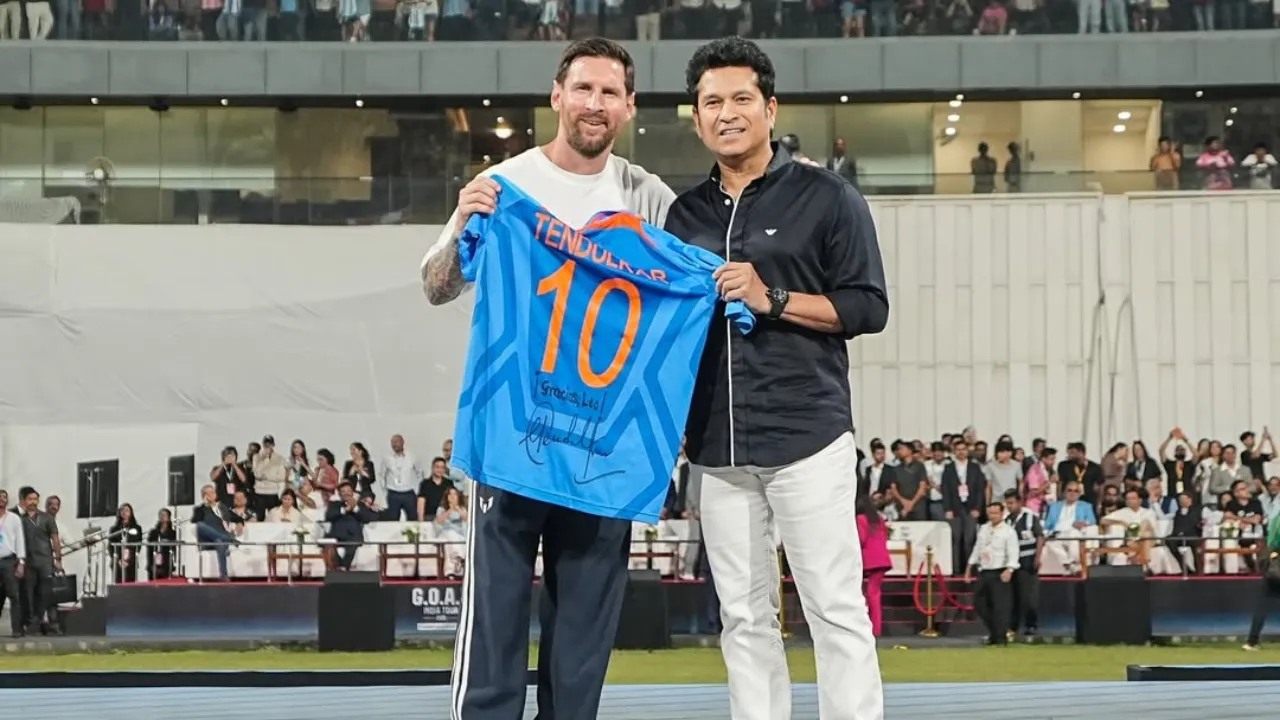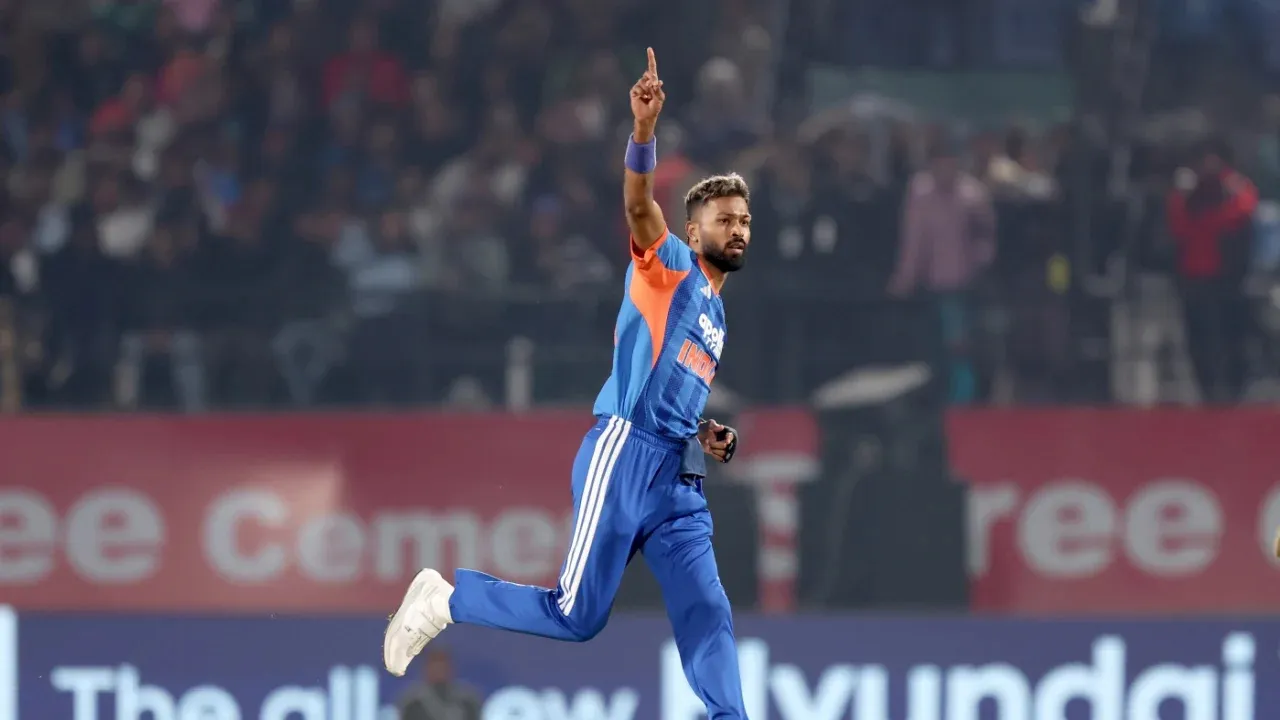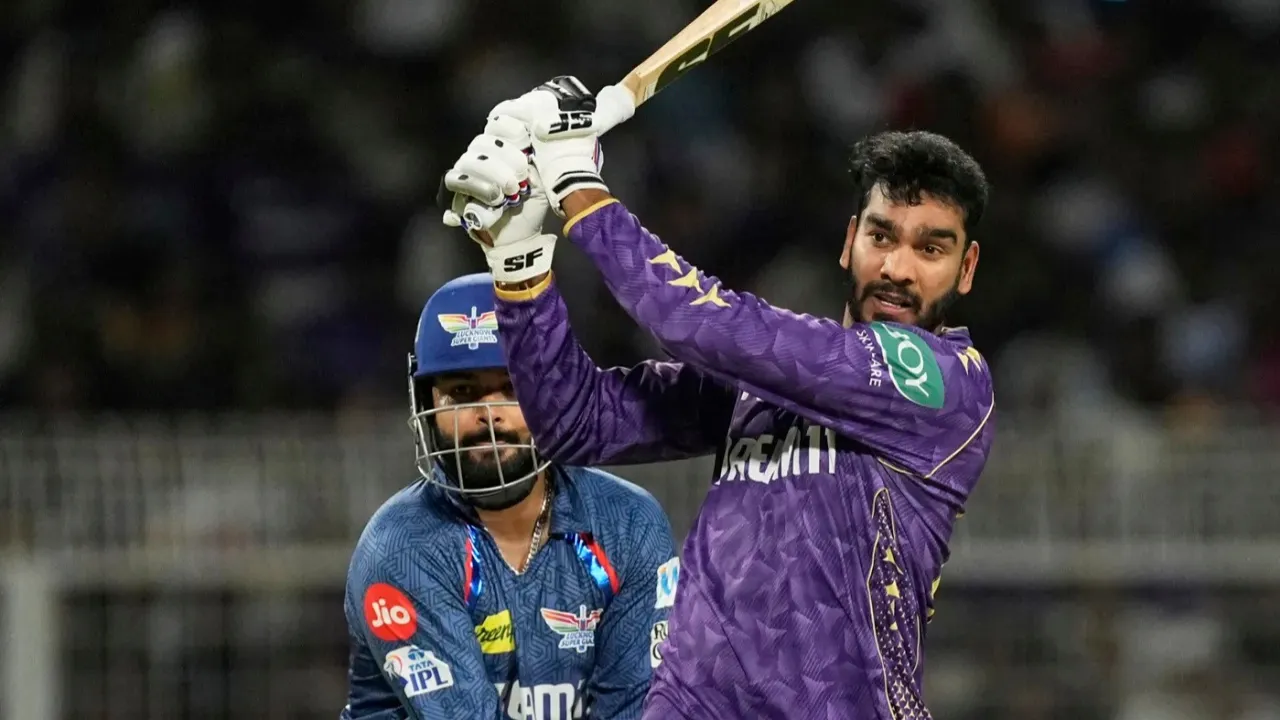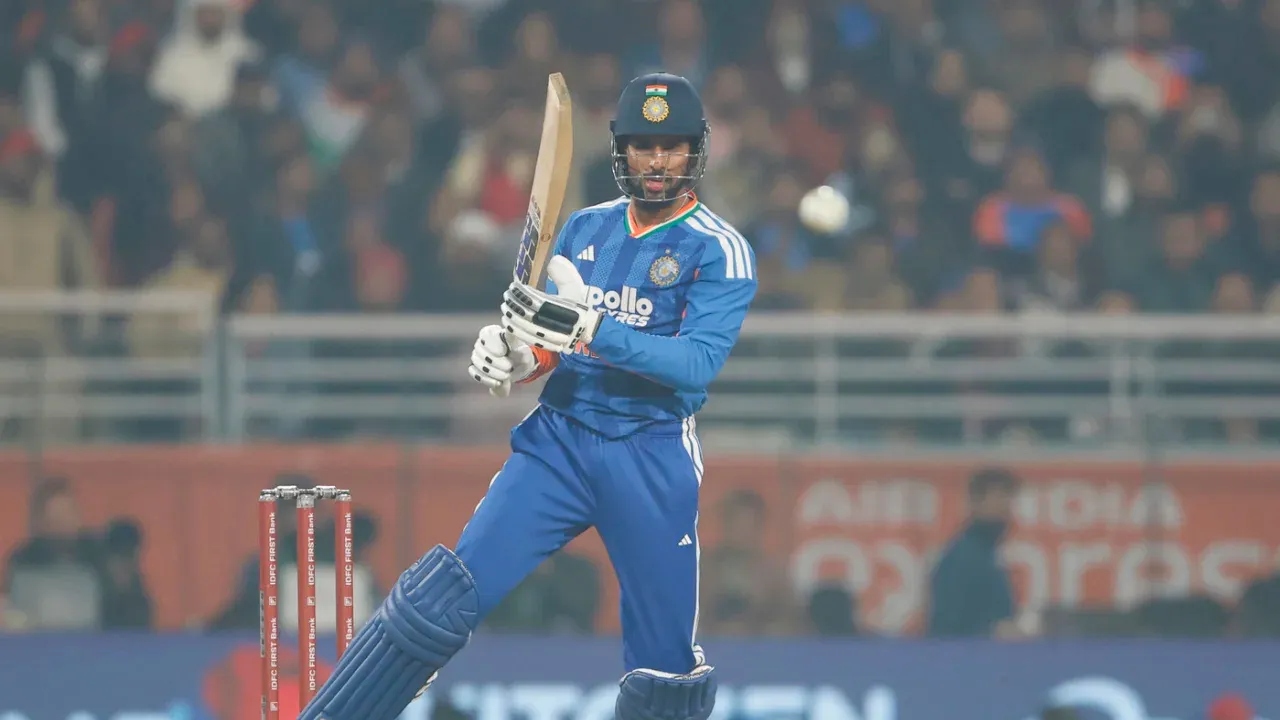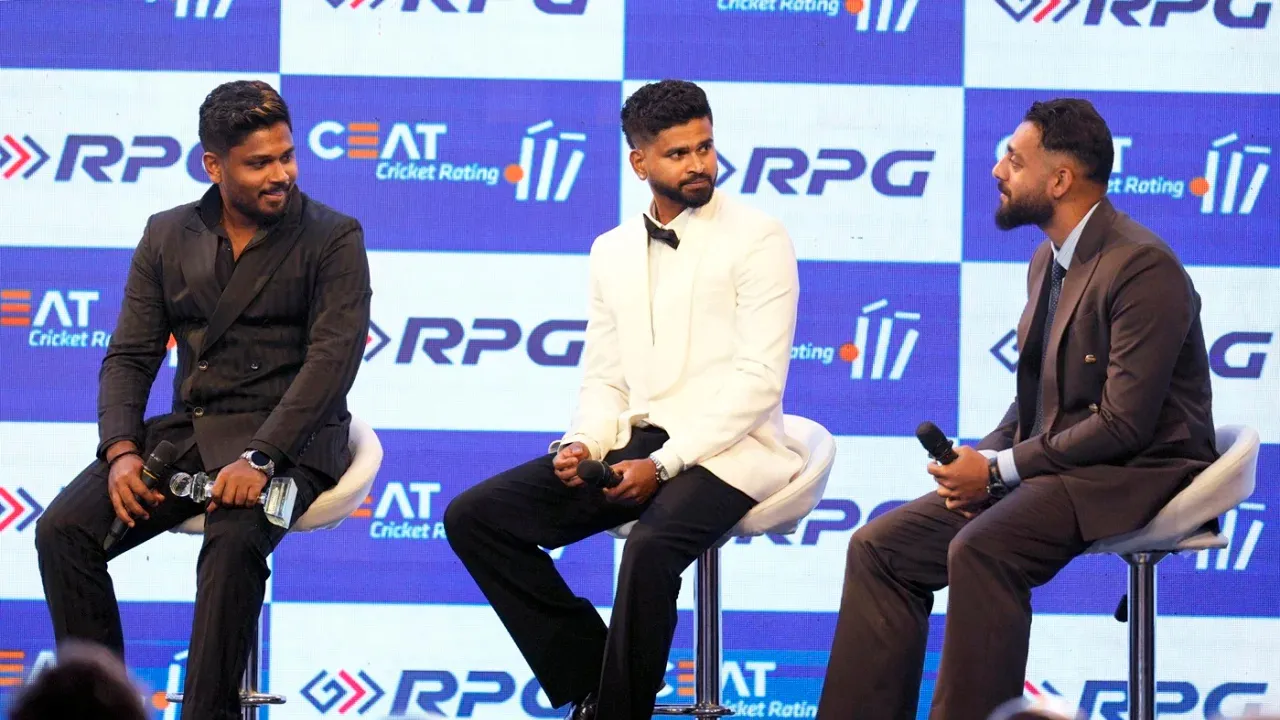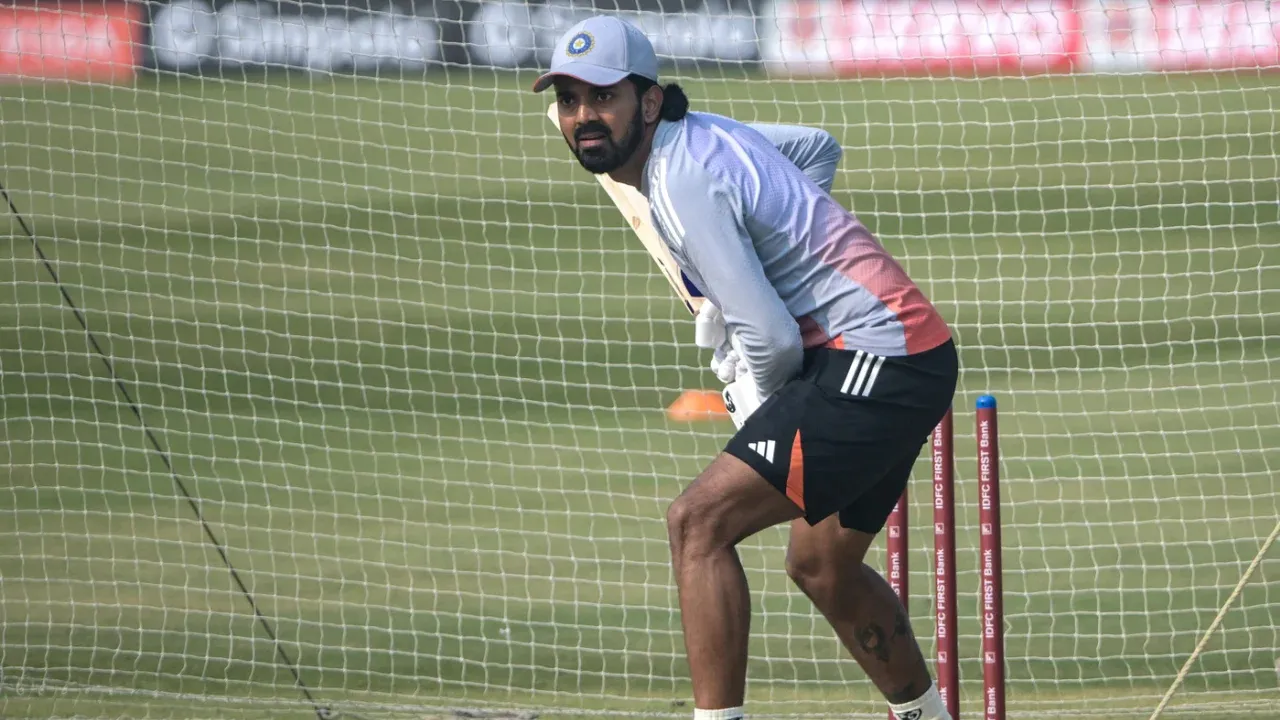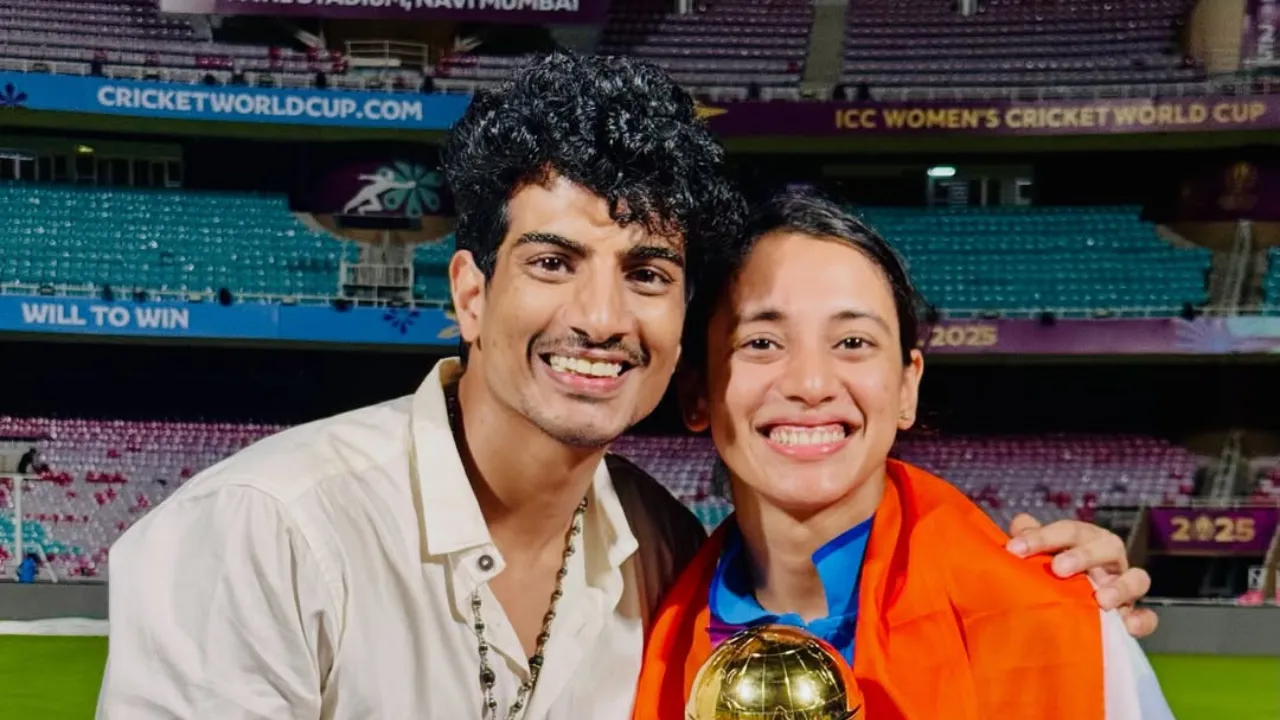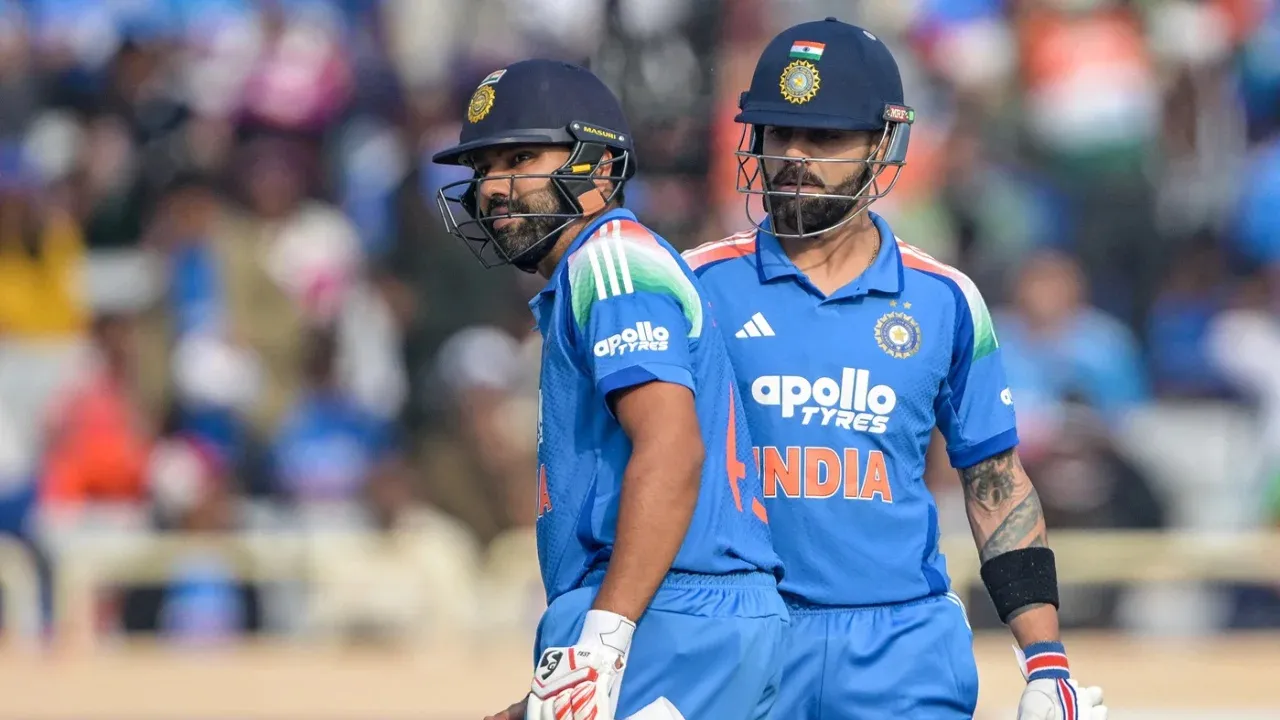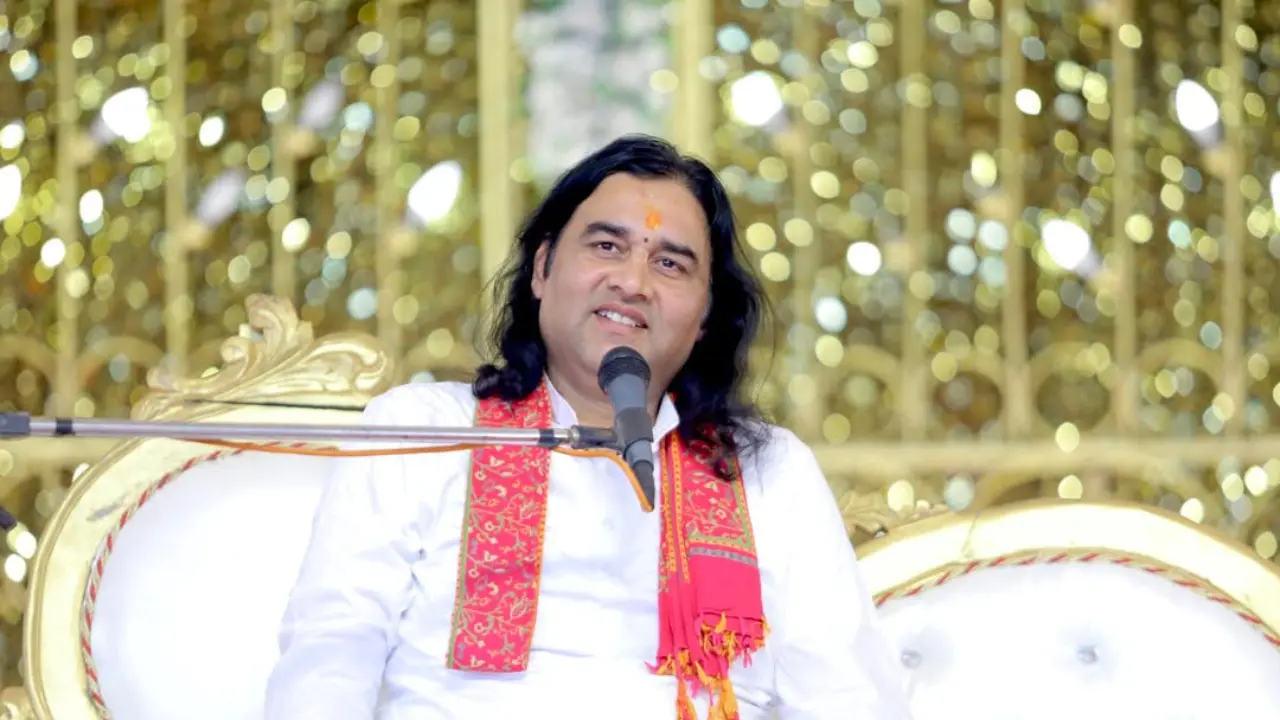Mohsin Naqvi prefers the Asia Cup trophy collecting dust rather than hand over to India
The Asia Cup 2025 final delivered drama on the field and an even bigger controversy off it. India beat Pakistan in a high-stakes final in Dubai, but the routine trophy presentation did not happen. Instead, a standoff around who should present the prize — centred on Asian Cricket Council president and Pakistan Cricket Board chairman Mohsin Naqvi — left the winning team without its trophy weeks after the match. This episode has created ripples across cricket circles, media and diplomatic commentaries.
What happened at the Asia Cup final? — The presentation that never was
After India’s victory in the Asia Cup final, the customary post-match presentation was delayed by more than an hour. Reports say the Indian players declined to accept the trophy and winner’s medals from Mohsin Naqvi because of his dual role as ACC president and a Pakistani government minister, and the perceived political dimension that came with it. The ceremony was eventually cut short and the winners left the stadium without the trophy being handed over.
The immediate fallout on the ground
Footage and eyewitness reports showed confusion and tension on the podium. Members of India’s support staff and officials were seen in discussions while the trophy remained off-stage. The delayed presentation prompted immediate social-media debate and hot takes from former players and pundits across the subcontinent.
Mohsin Naqvi’s response — “Come and collect it from my office”
Mohsin Naqvi publicly defended his actions and insisted he was willing to hand over the trophy — but only under conditions he found acceptable. In posts on his social feed and in interviews, Naqvi said he was ready to present the trophy on the day and remained ready to do so, adding that India were “welcome to come to the ACC office and collect it” if they wished. He also denied apologising to any body over the matter. Those comments effectively signalled that he preferred withholding the physical trophy rather than acquiescing to a presentation he considered improper.
Why Naqvi framed it this way
Naqvi’s stance appears rooted in a mix of protocol, personal principle and domestic political optics. As ACC president and PCB chairman, he argued that he had the authority and the right to present the prize. At the same time, the heightened India–Pakistan tensions and strong domestic expectations in Pakistan made any public concession politically sensitive. Whatever his precise motives, the result was a symbolic refusal to allow the routine handover to proceed as normal.
Reactions from players, former stars and cricket bodies
Cricket personalities reacted strongly. Former players, commentators and public figures criticised Naqvi for turning a sporting ritual into a political flashpoint. Former Indian players and media voices said sport should rise above politics, while some former Pakistani cricketers defended Naqvi’s decision. Social media amplified both the outrage and the support, turning the trophy into a symbol well beyond sport. High-profile commentators called out the spectacle and questioned whether a matchday presentation should be allowed to become a diplomatic chess move.
Official responses and the ACC position
The ACC and related bodies have been relatively reserved in public statements, reiterating that the trophy remained in ACC custody and that matters of protocol were being discussed. Meanwhile, media outlets tracked where the physical trophy was kept and whether there would be a formal handover later. The lack of a quick, clear resolution from governing bodies fed the controversy rather than dousing it.
Where is the Asia Cup trophy now?
Multiple reports indicate the trophy is currently secured at the ACC office in Dubai and has not been officially presented to the Indian team weeks after the final. That physical absence of the trophy from Team India’s possession has kept the story alive and raised questions about how international sports bodies handle politically sensitive situations. The trophy’s location became a story in itself — journalists tracked statements and social posts to confirm that Naqvi retained the silverware in ACC custody.
Why this matters — sport, diplomacy and precedent
This incident is about more than a piece of silverware. It highlights the fragile line international sport walks when leadership and political roles overlap. Cricket in South Asia carries enormous national symbolism, and handing over a trophy is a ritual that often signifies respect between rivals. When that ritual breaks down, it raises questions about governance, neutrality, and the ability of sport to act as a bridge.
If left unresolved, the episode sets an awkward precedent: a tournament trophy withheld because of political or personal differences between administrators and players. That would be damaging for the sport’s image and for the Asian Cricket Council’s credibility. The situation also underlines why many call for clearer, apolitical protocols for presentations — especially when officials hold political office in their home countries.
The likely path forward
Practical resolutions are straightforward in principle: a formal handover at a neutral venue, a mediated meeting between ACC, BCCI and other stakeholders, or an official statement clarifying protocol and promising a timely presentation. But the political heat around India–Pakistan sport means that even simple fixes require careful diplomacy.
For now, the public-facing posture from Mohsin Naqvi is unambiguous — he says the trophy is safe and that India may collect it if they choose to do so. Whether that will translate into a dignified, conventional presentation or a protracted dispute remains to be seen. Cricket fans, administrators and diplomats will all be watching for a fast, non-partisan resolution.
Conclusion — What Mohsin Naqvi’s stance teaches us
Mohsin Naqvi’s decision to retain the Asia Cup trophy rather than preside over a handover to India underscores how sport can become entangled with politics. The episode has been uncomfortable for players and fans who wanted celebration and closure after a memorable final. It also offers a clear lesson for sports governance: protocols must be robust enough to prevent symbolic rituals from being hijacked by political friction.
Until the trophy is formally handed to the winners, the story will remain a cautionary tale about the importance of separating administration from state politics — and about the value of keeping the spirit of competition above the crosscurrents of diplomacy.
Also Read: Madhumati Passes at 84—Akshay Kumar Leads Tributes!
